当前位置:
X-MOL 学术
›
Energy Econ.
›
论文详情
Our official English website, www.x-mol.net, welcomes your feedback! (Note: you will need to create a separate account there.)
Carbon capture and renewable energy policies: Could policy harmonization be a puzzle piece to solve the electricity crisis?
Energy Economics ( IF 13.6 ) Pub Date : 2024-07-04 , DOI: 10.1016/j.eneco.2024.107753 Mahelet G. Fikru , Fateh Belaïd , Hongyan Ma
Energy Economics ( IF 13.6 ) Pub Date : 2024-07-04 , DOI: 10.1016/j.eneco.2024.107753 Mahelet G. Fikru , Fateh Belaïd , Hongyan Ma
The electricity market crisis, driven by factors such as increased energy demand, rising fuel prices, aging infrastructure, and greenhouse gas emissions, requires a multifaceted approach including the strategic implementation of Carbon Capture and Storage (CCS) technologies, which despite high costs and potential adverse impact on renewable investments, can allow the use of fossil fuels to maintain grid stability, and simultaneously lower carbon footprint. Across the world, several nations are designing financial incentives and improving regulatory frameworks to reduce barriers to the deployment of CCS. However, it is not clearly understood whether and to what extent such policy support would affect the incentive to invest in renewable energy technologies. Moreover, it is unclear whether existing renewable subsidies would complement or counteract power generators’ prospective investments in carbon capture retrofits in the presence of CCS subsidies. This study examines the rate of change in renewable energy generation with changes in CCS subsidies as well as the rate of change in the percent of carbon captured for storage with a change in renewable energy production subsidies (cross-impact of policies). The results, under the given model framework and assumptions, indicate that (1) renewable subsidies could lower the incentive to capture a larger share of carbon dioxide emissions for permanent storage, and (2) CCS subsidies could reduce the incentive to produce more renewable energy. These results highlight the need for policy makers to consider the potential trade-offs signaled by CCS policy support.
中文翻译:

碳捕获和可再生能源政策:政策协调能否成为解决电力危机的一块拼图?
电力市场危机是由能源需求增加、燃料价格上涨、基础设施老化和温室气体排放等因素驱动的,需要采取多方面的方法,包括战略实施碳捕集与封存(CCS)技术,尽管该技术成本高且潜力大对可再生能源投资产生不利影响,可以允许使用化石燃料来维持电网稳定性,同时降低碳足迹。在世界各地,一些国家正在设计财政激励措施并改进监管框架,以减少 CCS 部署的障碍。然而,目前尚不清楚此类政策支持是否以及在多大程度上会影响可再生能源技术投资的动力。此外,尚不清楚在 CCS 补贴存在的情况下,现有的可再生能源补贴是否会补充或抵消发电商在碳捕集改造方面的预期投资。本研究考察了可再生能源发电随 CCS 补贴变化的变化率,以及捕获用于储存的碳百分比随可再生能源生产补贴变化的变化率(政策的交叉影响)。在给定的模型框架和假设下,结果表明(1)可再生能源补贴可能会降低捕获更大份额的二氧化碳排放用于永久储存的动机,(2)CCS补贴可能会降低生产更多可再生能源的动机。这些结果凸显了政策制定者需要考虑 CCS 政策支持所暗示的潜在权衡。
更新日期:2024-07-04
中文翻译:

碳捕获和可再生能源政策:政策协调能否成为解决电力危机的一块拼图?
电力市场危机是由能源需求增加、燃料价格上涨、基础设施老化和温室气体排放等因素驱动的,需要采取多方面的方法,包括战略实施碳捕集与封存(CCS)技术,尽管该技术成本高且潜力大对可再生能源投资产生不利影响,可以允许使用化石燃料来维持电网稳定性,同时降低碳足迹。在世界各地,一些国家正在设计财政激励措施并改进监管框架,以减少 CCS 部署的障碍。然而,目前尚不清楚此类政策支持是否以及在多大程度上会影响可再生能源技术投资的动力。此外,尚不清楚在 CCS 补贴存在的情况下,现有的可再生能源补贴是否会补充或抵消发电商在碳捕集改造方面的预期投资。本研究考察了可再生能源发电随 CCS 补贴变化的变化率,以及捕获用于储存的碳百分比随可再生能源生产补贴变化的变化率(政策的交叉影响)。在给定的模型框架和假设下,结果表明(1)可再生能源补贴可能会降低捕获更大份额的二氧化碳排放用于永久储存的动机,(2)CCS补贴可能会降低生产更多可再生能源的动机。这些结果凸显了政策制定者需要考虑 CCS 政策支持所暗示的潜在权衡。





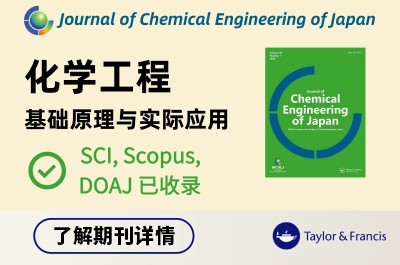





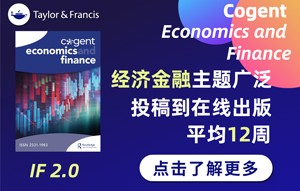


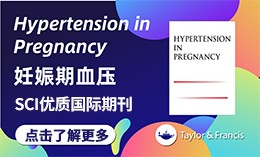
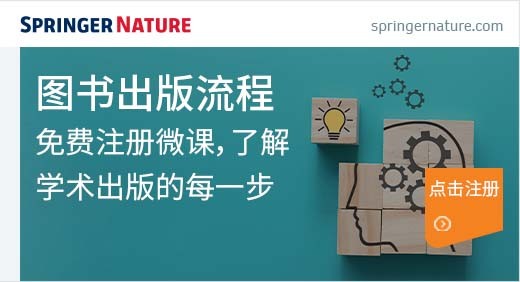






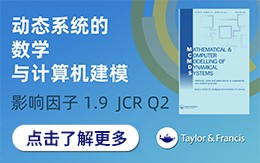







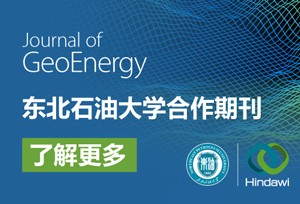
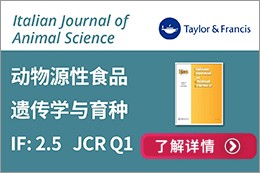

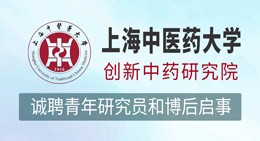






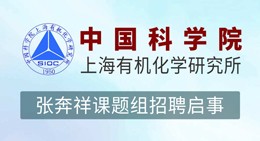

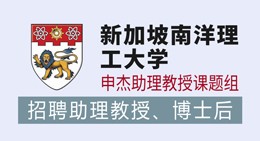



 京公网安备 11010802027423号
京公网安备 11010802027423号